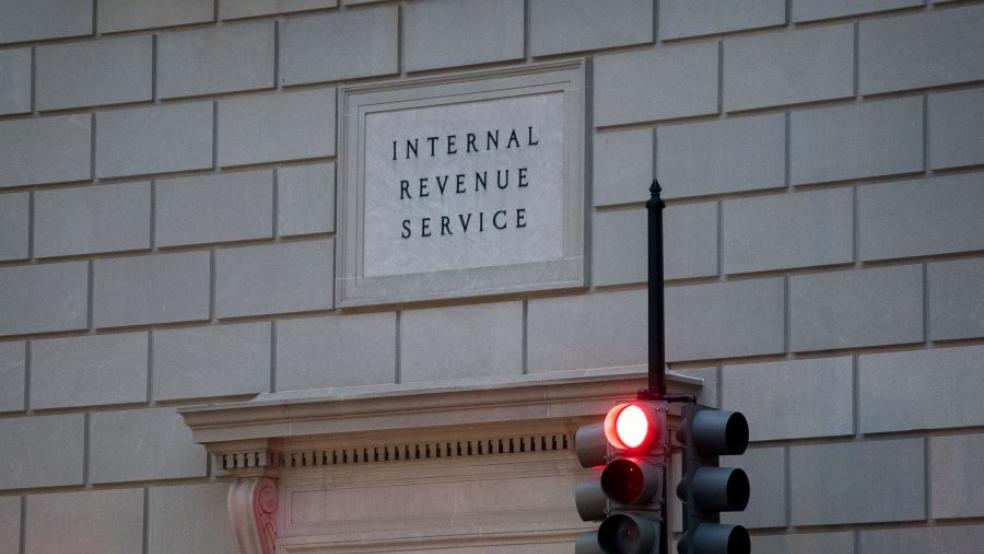National Taxpayer Advocate Erin M. Collins told lawmakers today that the Internal Revenue Service has made significant progress in improving taxpayer service but warned that “continued funding is critical to enable the IRS to successfully deliver on its mission and transform how it works with taxpayers going forward.”
In her annual report to Congress, Collins acknowledged that the additional funding provided for the IRS over 10 years as part of the 2022 Inflation Reduction Act is very much in question — congressional Republicans have already succeeded in getting $40 billion of the original $79 billion clawed back. But she noted that the money provided has already yielded results.
“For the first time since I became the National Taxpayer Advocate in 2020, I can begin this report with good news,” she wrote. “The taxpayer experience has noticeably improved. The IRS has eliminated the mountain of paper returns and correspondence that piled up during the pandemic. In 2024, taxpayers and practitioners experienced better service, generally received timely refunds, and faced shorter wait times to reach customer service representatives.”
She added that the multiyear funding boost helped the IRS make “major strides toward improving its taxpayer services and information technology (IT) systems.”
Given those gains, Collins urged lawmakers not to “inadvertently throw the baby out with the bathwater” if they do decide to cut IRS funding, as Republicans want to do. She repeated a previous criticism that the $78.9 billion provided under the 2022 law suffered from an “extreme imbalance in funding priorities,” with 58% of the total allocated for enforcement and 32% for “operations support” while just 6% went toward technological modernization and just 4% was directed to improve taxpayer service.
She suggested that, while the enforcement money generated “controversy,” there is strong bipartisan backing for addressing taxpayer service and technology improvements — and funding those needs can help reduce the need for enforcement.
Collins writes that the IRS collected $98.7 billion through enforcement activities in fiscal year 2024. “That is a significant sum, but it accounts for less than two percent of the $5.1 trillion the agency collected overall. Put differently, 98 percent of federal taxes were self-assessed via annual tax filings and timely paid. If the IRS is sufficiently funded to improve taxpayer services and make it easier for taxpayers to interact with the agency through automation, taxpayer experiences will become fairer and more efficient, which likely will improve compliance and reduce the need for costly backend enforcement.”
Collins also urges lawmakers to provide the necessary annual appropriations to fund ongoing IRS operations. She says that annual appropriations for the agency have been flat since fiscal year 2022, while prices have risen 14%. “This inflation-adjusted reduction in annual funding has required the IRS to use IRA funds intended for transformational change to maintain its operations. Over the longer term, appropriations that keep up with cost increases will be essential.”
Collins also argues that IRS funding is a good value. “Funding the IRS not only enables the IRS to better serve our nation’s taxpayers, but it is important to note that it also provides an excellent return on investment,” the report says. “In FY 2024, the IRS collected revenue of $5.1 trillion on an appropriated budget of $12.3 billion. That translates to a remarkable return on investment of 415:1. Paradoxically, the tighter the rest of the federal budget becomes, the more important it is to fully fund the IRS so it can collect the taxes required to fund other government functions.”
The bottom line: Despite Collins’s urgings, the outlook for IRS funding appears questionable at best as Republicans look to enact their agenda. Read the taxpayer advocate’s full annual report, including recommendations for improving tax administration, here.





